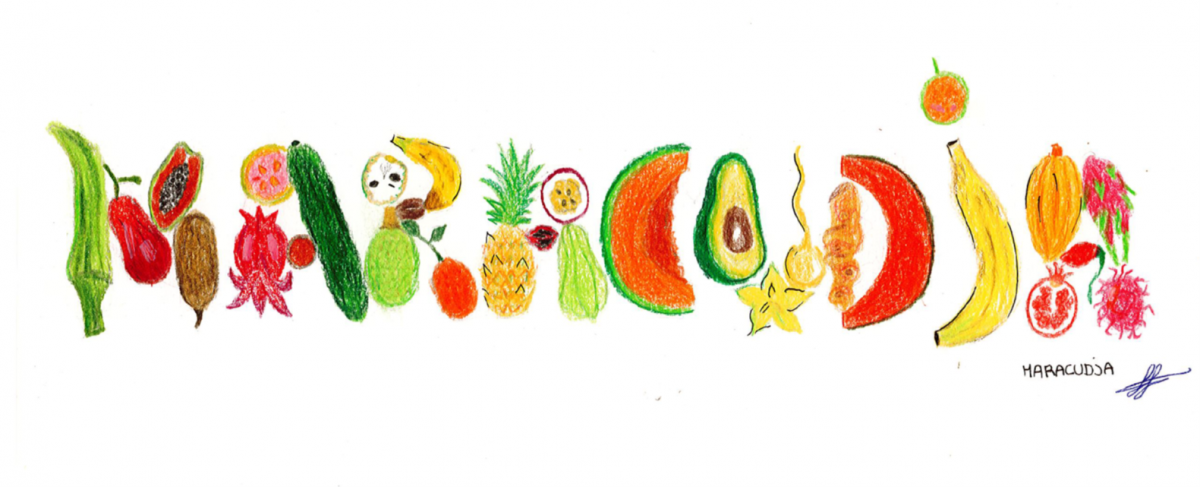- Home
- Worldwide
- CIRAD worldwide
- Projects
- MARACUDJA project
Better understanding dietary behaviours and socio-cultural representations to support change among young adults in Martinique - MARACUDJA

Issues
This is an innovative project that addresses current societal demands in Martinique, the West Indies, and more broadly in France, to reverse the nutritional and dietary transition that has taken place in the French overseas territories. This transition is characterised by a rapid shift from a “traditional” diet structured around shortages, to a “Western” diet marked by abundance. Indeed, with a high prevalence of diet-related chronic diseases (obesity, diabetes and overweight), young Martinicans are a concern in terms of public health. Young adults, whether they are prospective parents or already raising young children, play a crucial role in shaping future generations.
Description
The project involves research to be conducted in two phases over the period from 2024 to 2026.
The first phase entails exploratory research focused on analysing “dietary shifts” among young people, in other words when young people change their dietary behaviours and practices, asserting their choices and preferences autonomously.
During this phase, we will review the dietary behaviours and practices of young people (their daily eating habits), their preferred diet (what they want to eat), and their ideal diet (what they consider to be balanced, their representations of “healthy eating”). We will also explore their relationship with red meat, animal-based proteins (fish, cheese, dairy products), and high-protein plant-based foods. Finally, we will investigate the constraints shaping young people’s diets and the drivers that can encourage more plant-based diets, in collaboration with key food sector stakeholders in Martinique and resource persons working with these young adults (in medical and social fields).
The second phase of research will focus on analysing the determinants of young people’s food consumption, particularly those related to a shift to more plant-based diets. To do so, we will use experimental economics, which involves recreating an economic situation in a controlled environment where the variables are determined by the experimenter. We will thus organise experimental sessions with young people to test whether factors relating to the food environment and the decision-making context (information, behaviour of other people), other than strictly monetary factors (price), can influence their behaviours.
Expected results
- Understanding the determinants of dietary behaviours and choices among young Martinicans.
- Contributing to the dialogue within local food governance bodies, such as the Comité Territorial de l’Alimentation de Martinique (Territorial Food Committee of Martinique - COTALIM).
























